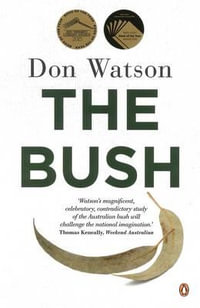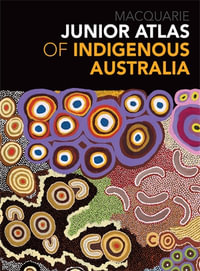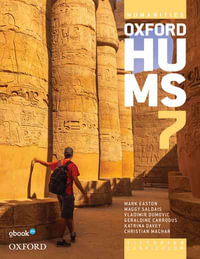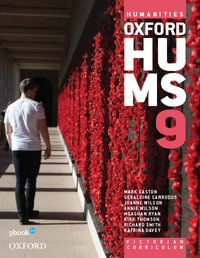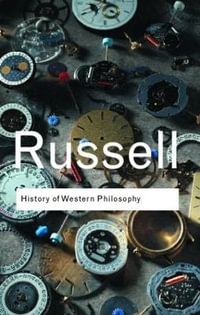Historians have long recognized epidemics to be a significant, though sometimes hidden, factor in the fortunes of societies and civilizations. The study of epidemics heightens our understanding of relationships between economic systems and living conditions. It illuminates the ideologies and religious beliefs of the affected community and illustrates the efforts and inadequacies of public health systems. This investigation of the history of epidemics in various parts of Peru during the twentieth century opens up a new field for Latin American studies to include health and disease. These are important areas of the past that enable us to understand better the living conditions of people, the role of state authority and the dynamics of social movement. Marcos Cueto examines five series of epidemics: the bubonic plague of 1903-1930; the fever epidemic of 1919-1922; the typhus and small pox epidemics in the Andes; attempts to control and eradicate malaria, and the cholera epidemics of 1991. In each case he studies the biological and ecological factors that caused the outbreak, and the techniques and policies applied to fight it, together with the response of the affected society. The experience of epidemics in Peru has been cyclical. Poverty breeds disease which in turn results in further poverty. One of the aims of this study is to highlight areas of success and failure in the fight against epidemics in the hope that such awareness may help break this vicious circle.
Industry Reviews
Reviews of the Spanish version: 'It is, however, of interest for Western investigators as well as because of the intrinsic interest of the historical materials it contains, and above all because - unlike the majority of historical studies on colonial medicine and medicine in developing countries - it is written from a non-western point of view.' Medical History, no. 42 'This is a major contribution to both public health and social history because of its intelligent consideration of, and interweaving of relevant issues. The Return of Epidemics deserves to be made available to non-Spanish readers.' Bulletin of the Pacific Circle, no. 4 'One can only hope that this piece of scholarship will be published in English translation, so that a wider readership can have access to Cueto's fascinating presentation of the history of public health and public policy in twentieth-century Peru.' Bulletin of the History of Medicine, vol. 73 no. 3 'Thoroughly researched, this interesting and important book applies familiar approaches to history of medicine to original material provided by the epidemics of twentieth-century Peru.' Journal of the History of Medicine Vol. 57 'It is exceptionally rich in detail and wide-ranging in its analysis and conclusions... not only makes a significant contribution to our knowledge of epidemics and public health, but also encapsulates the history of Peru in the twentieth century... a most worthy and valuable addition to the series.' Social History of Medicine 'Clearly argued and accessibly written...' Medical History '... a welcome addition to the English-language literature on public health and the history of medicine. It is also an important book for anyone who wants to understand the reality of modern Peru, because once again Cueto shows that the history of medicine provides new vantage points for understanding political and social change.' Hispanic American Historical Review '... excellent [...] for understanding the intertwined elements of public health and policy in both the past and the present.' Isis





